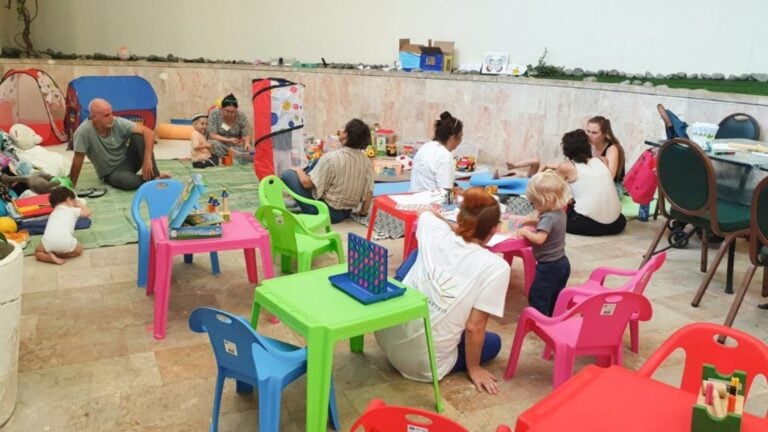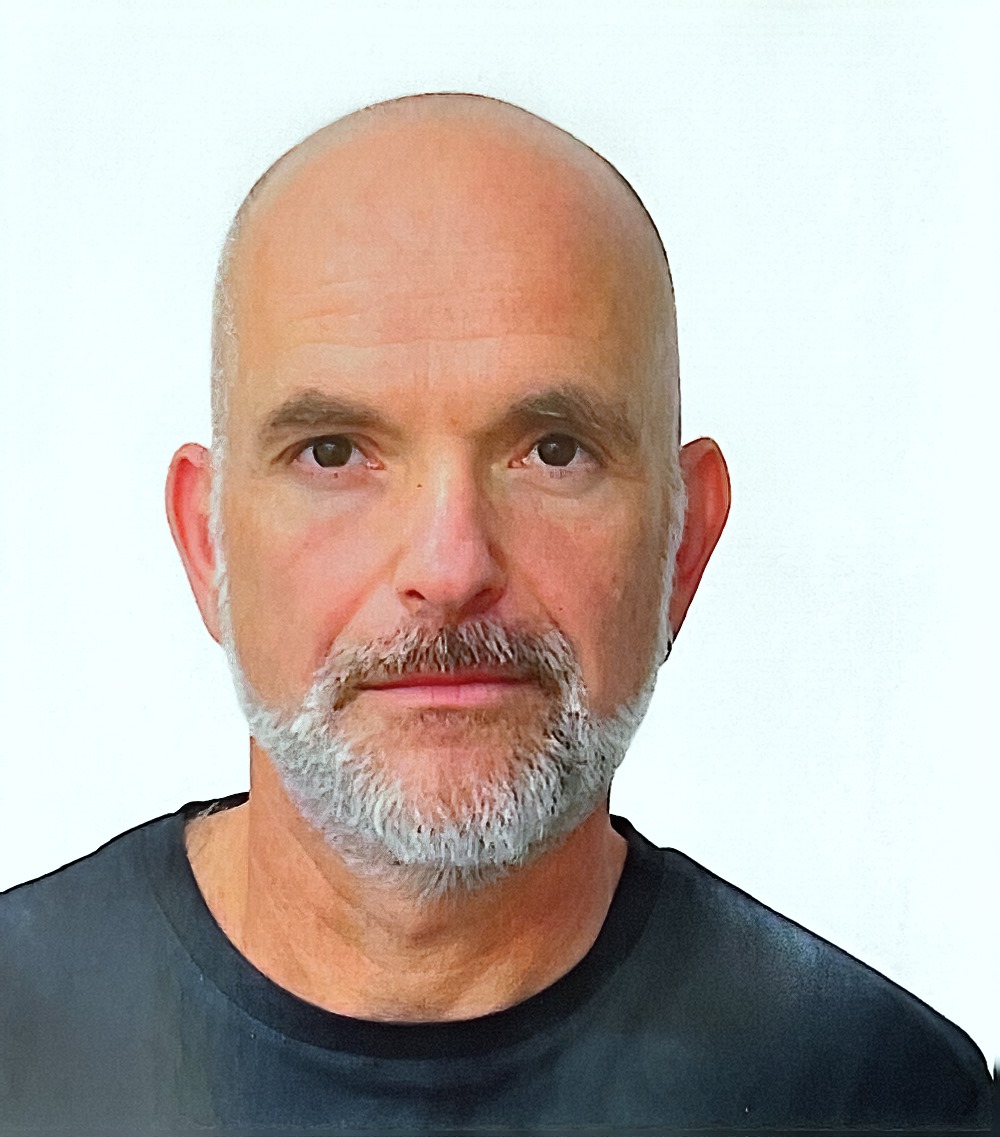Psychological Reflections
Gadi Lifshitz, Deputy CEO of Aluma Israel Family Counselling Association gives a psychological reflection on the ground in Israel during these difficult times after October 7th.
Aluma is a psychotherapy treatment center specialising mainly in couple and family therapy. About 25 therapists work at the center: some are experts while others are in the process of training and certification. Several years ago, we carried out an in-depth learning process for treating trauma and immediately after Black Sabbath, we began to provide therapy for the victims of the massacre in the kibbutzim of the south and the Nature Party. Simultaneously we developed a group therapy process which we applied to groups of patients who had together experienced traumatic events.
We have already treated many victims; there are unfortunately many more needing treatment.

7 October has become synonymous with an event more horrendous than we could ever have imagined. Four months on, we still struggle to comprehend the traumatic, fundamental fracture that has impacted so widely across our lives. 7 October has fundamentally altered our reality, and it will take years before we can fully comprehend that.
For both the Israeli and the Jewish diaspora worlds, the massacre and subsequent war have stirred deep concerns, anxieties, and reawakened past traumas. This struggle is on an unprecedented scale and continuously surprises us as we confront its intensity in the numerous therapy sessions we conduct.
More than four months into this crisis, we have formed several insights to share:
There is a clear link between addressing past traumas, however minor, and the ability to confront new ones. Those who had processed their past traumas before 7 October, even minimally, manage their recovery far better than those who ignored the impact of their previous crises.
The experience, processing, and coping with trauma show no significant gender differences. This encouraging observation suggests men are gradually moving away from traditional roles that restrict emotional expression, while women are not necessarily more prone to extreme states of weakness and anxiety.
Guilt and shame are potent drivers for many dealing with this disaster. Guilt stems from perceived failures in fulfilling one’s roles and responsibilities, while shame arises from not coping as one expects of oneself. The therapeutic dialogue on this subject is extremely sensitive, as it must not confront the patient’s feelings directly, yet it should provide a realistic perspective to help mitigate these destructive emotions.
Children as well as their parents are currently grappling with trauma. Many parents are now unable to be strong, stable figures for their children, resulting in children’s regressive behavior, especially in families evacuated after the disaster. The support of the extended family and community is crucial, helping to contain the regression (but also to allow it as it has a therapeutic value) while providing the necessary structure and boundaries.
Our understanding of trauma care up until 7 October has proven to be just the beginning. We are constantly learning and developing new tools and interventions to meet the complex and varied needs of our patients.
An especially sensitive issue is that of how women are dealing with anxieties and nightmares about sexual abuse, which, as we know, was horrifically widespread on 7.10.
We are at the start of a long healing journey, filled with challenges that will require compassion, tolerance, patience, learning, and creativity from all involved – patients, their families, and communities.
ALUMA, also known as IFCA, Israel Family Counselling Association, was established in Tel Aviv in 1954. NCJWC is the only Jewish organization in Canada that is helping to support this vital service.
